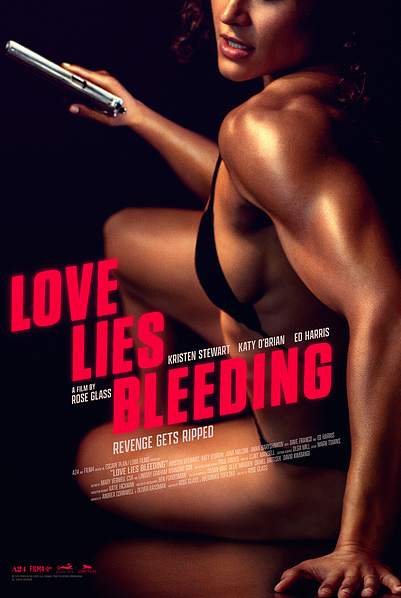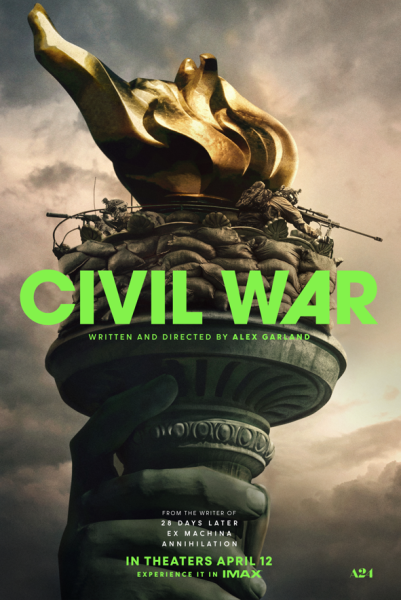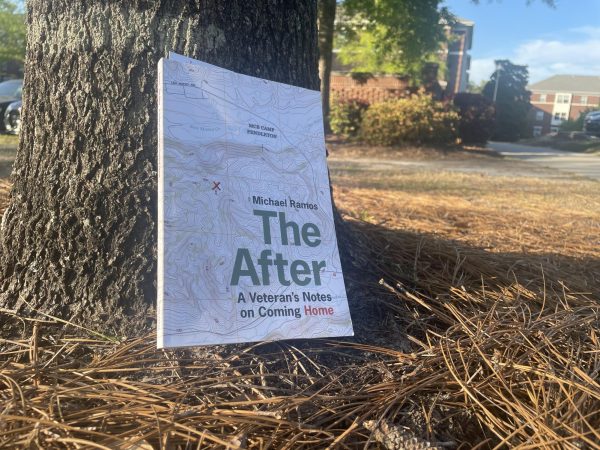“Chi-Raq:” a reaching film about sex and Chicago violence
February 4, 2016
Snatching the opportunity right when it was handed to me, I bought my ticket to see a long anticipated film by director Spike Lee, “Chi-Raq.” The film, shown in downtown Wilmington at Thalian Hall, sparked an unusual crowd, filled with an array of people. Young college students, middle aged individuals and elderly people piled into the elegant theater. Shockingly, Thalian Hall, which embodies the aesthetics of an ancient Roman structure, previewed the film with fantastic sound and clear visuals.
The film started off with an alarming voice coupled with red flashing words that read “THIS IS AN EMERGENCY” across the entire screen. Immediately, I knew that Spike Lee would not fail me with creating yet another stylistic movie. Captivated, the audience and I watched as the first few minutes drew up the lyrics to a song written by actress Jennifer Hudson and sung by Nick Cannon, titled “Pray 4 My City.”
As soon as the opening of the movie began, the audience was introduced to the realities of Chicago and the hopeful message of the film. A smart move made by the experienced Lee, the movie made an early impact on the audience with an accurate portrayal of Chicago’s culture, violence and struggles, showing the wide spectrum of actualities of day-to-day life, much beyond gangs and guns.
Shortly after the introduction of the main characters, the movie began to dwindle downwards into a controversial jumble of borderline disrespect and rocky comedy. The film was made with the intent to mock the story of Lysistrata by Aristophanes, a comedy where a woman decides to withhold all sexual activities from any pursuing partner in hopes that it will result in the men putting their weapons down to resolve their homeland’s conflict.
Lee seems to convey the basis of this idea fairly well; however, the film begins to take on a rather outrageous interpretation. Women are explicitly sexualized in every context, men are drawn out to be sex-craved dogs, and at times, the scenes became so ridiculously sexual that it was hard to take the moment seriously. Lee continuously put emphasis on a comedic spin of shockingly borderline pornography.
However, the only respectable humor was that of Samuel L. Jackson’s narration. As an iconic actor, his profound and familiar voice led the audience through short moments of witty anecdotes and background information. It’s safe to say the audience responded to his quips with laughter as a relief from the incessant erotica.
The film’s comical nature was complemented by an artistic approach. Most lines of the script were developed with a rhythmic flow. Actresses such as Teyonah Parris and Angela Bassett, two of the most important role-playing women in the film, seemed to have carried the crowd as they conversed in a dramatic playwright. At times it sounded like spoken word with the structure of smooth rhymes and expressive tone. The audience, however, followed along seamlessly, laughing and sulking on cue.
People have formed many opinions on Lee’s choice of titling the movie “Chi-Raq,” as it’s seen to be a distasteful mash up of Chicago’s street violence and the devastating war of Iraq. Many natives have continued to use the word, while many other Chicagoans have rejected the title.
Lee has since felt this backlash, hearing from various people of Chicago and even the mayor himself. Disregarding the early criticism, he has since been faced with many doubts concerning the film. As the comedic effect was not in everyone’s favor, viewers began to take to social media and online articles about the negatives of the film. Numerous Chicago rappers, activists, and natives felt as though there could have been so much more accomplished and conveyed with the film.
As I agree with the majority in disfavor of the movie’s effect, I am left with slight disappointment in my agreement with their dissatisfaction. The acting was phenomenal and the picture was a cinematic lovechild, but sadly, the over exploitation and overt sexualization has left too much of an impact to comfortably say this movie did Chicago justice.
I recommend this film to all, even if you do not feel connected to the violence in the city. It is a controversial film that deserves its chance to be analyzed, whether positively or negatively.





















